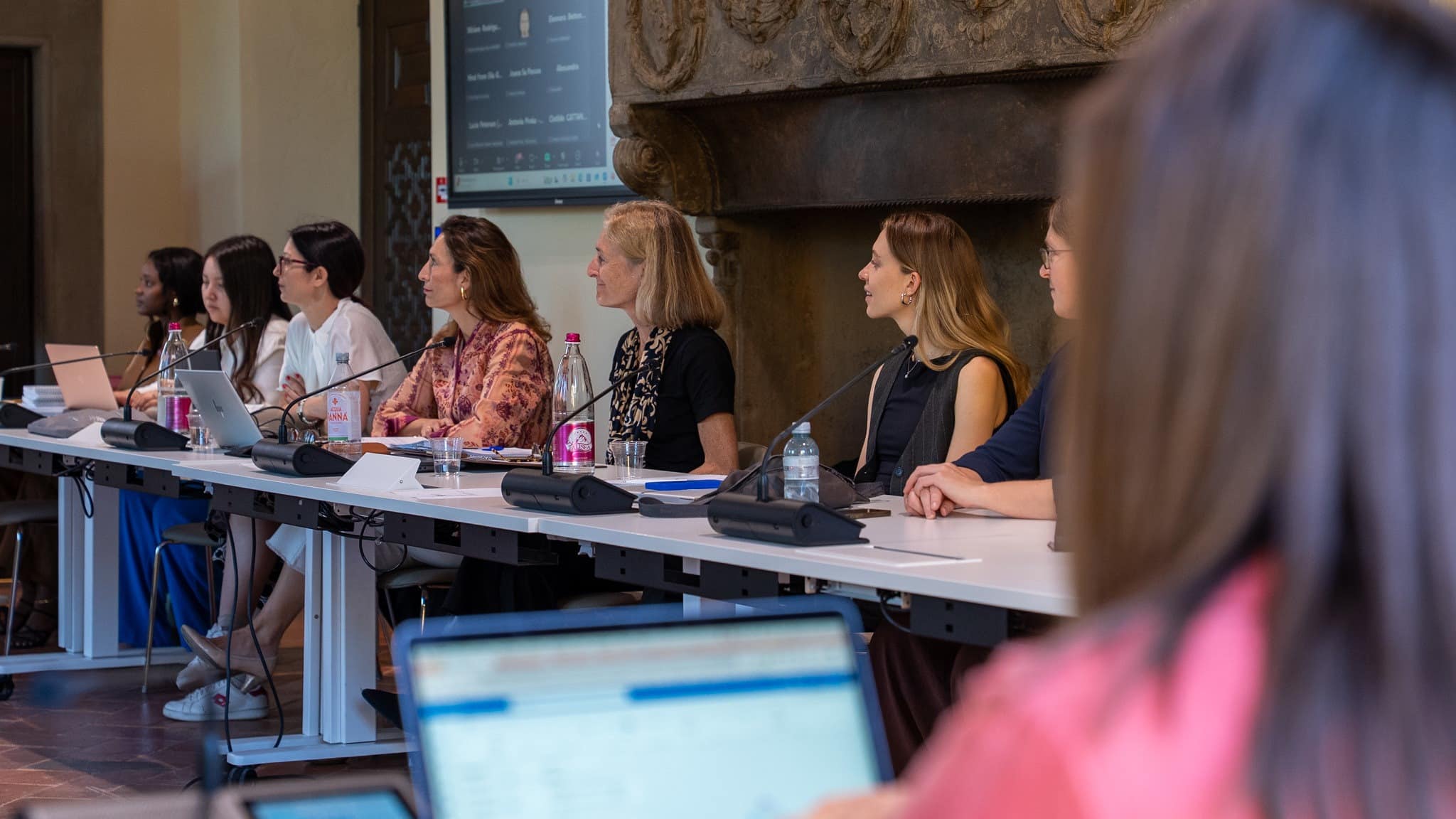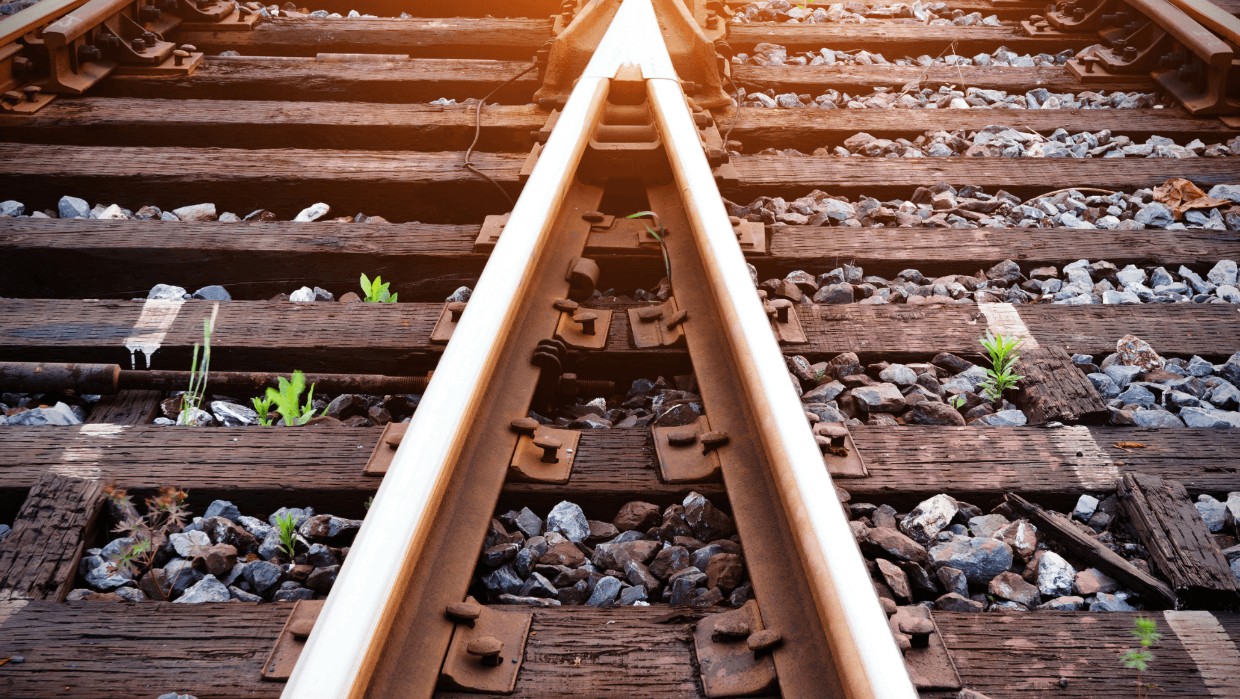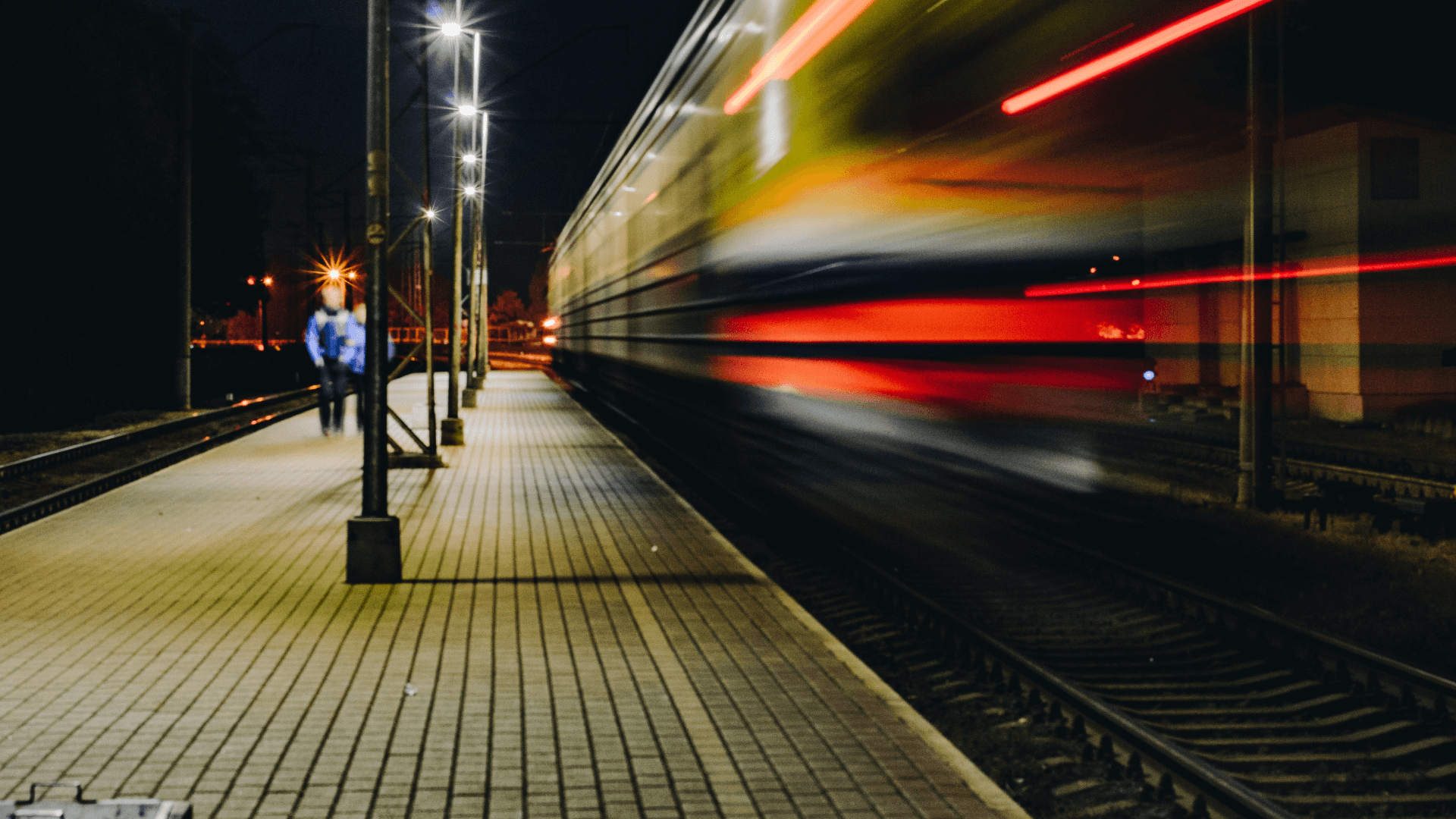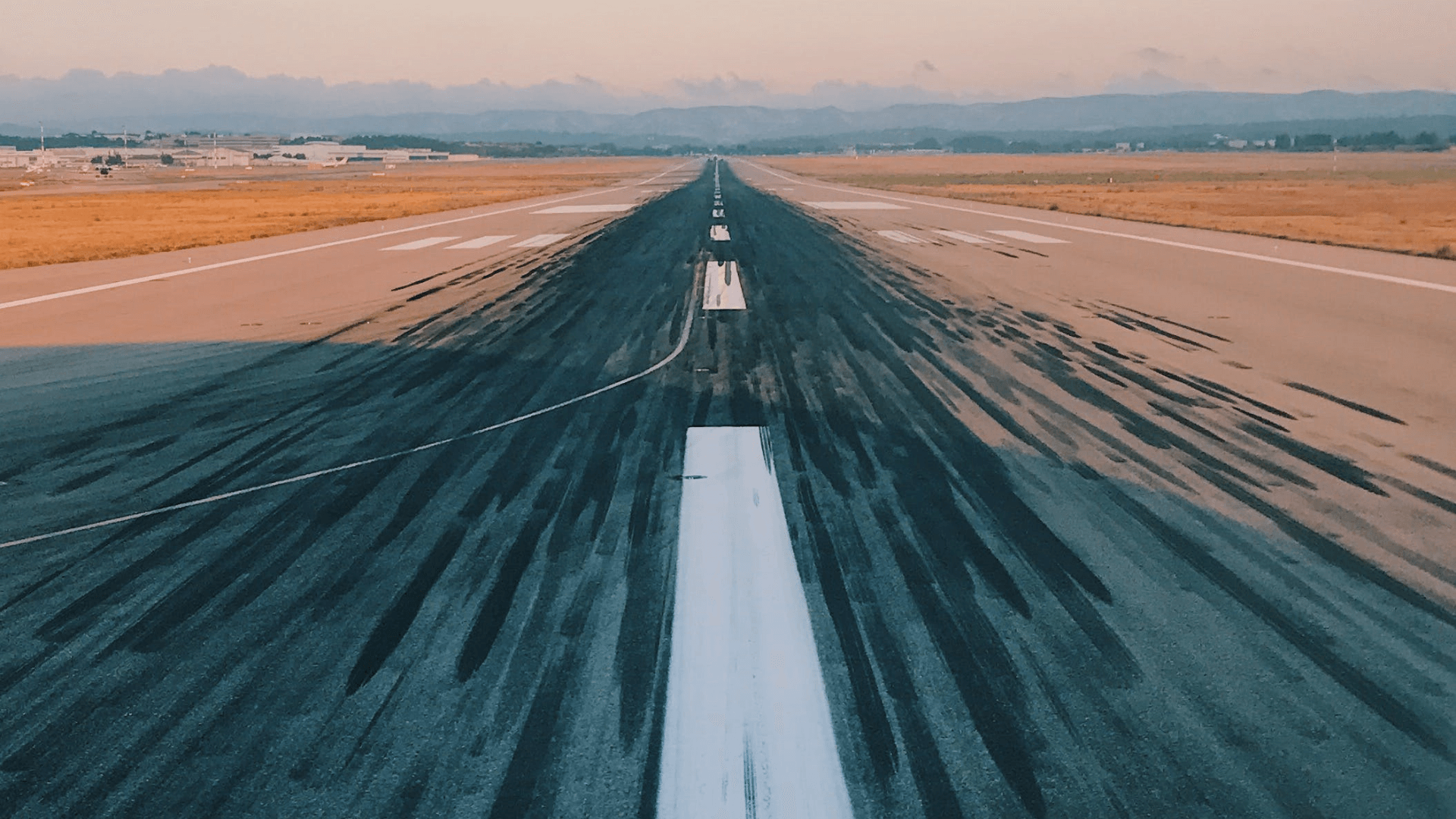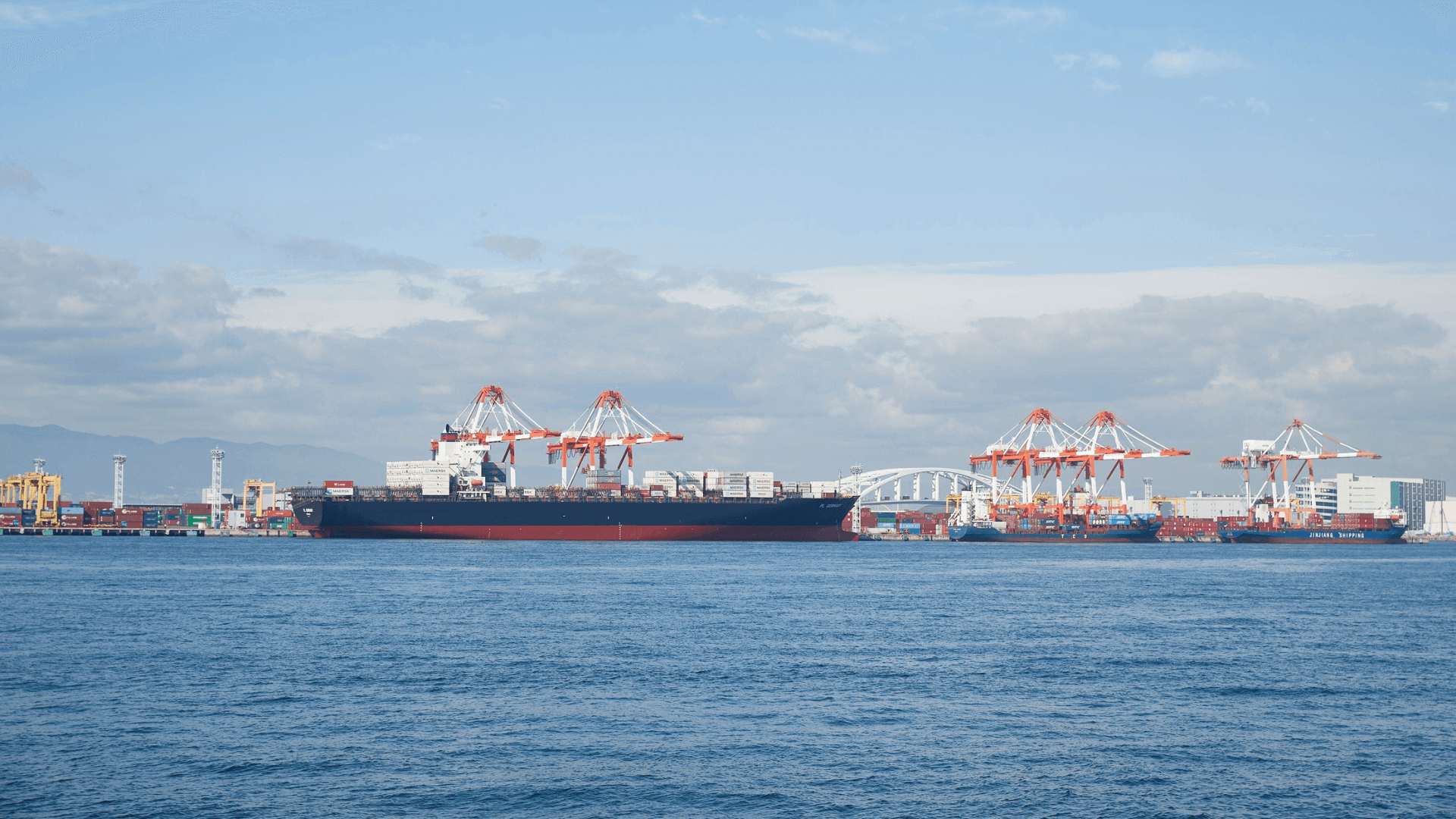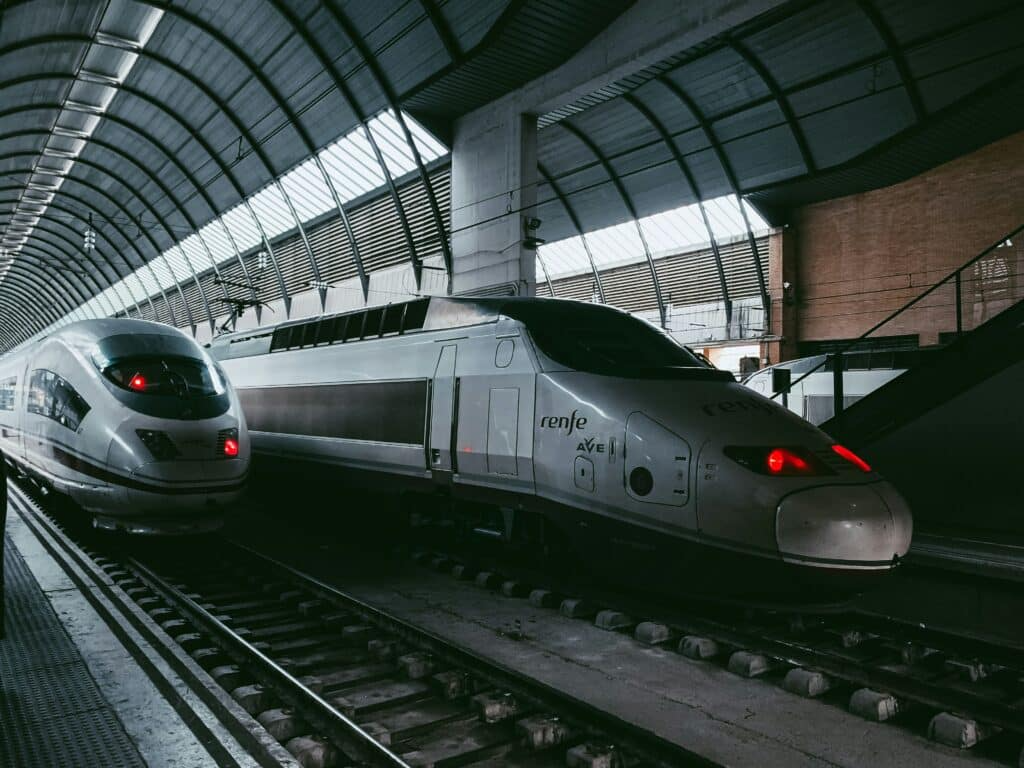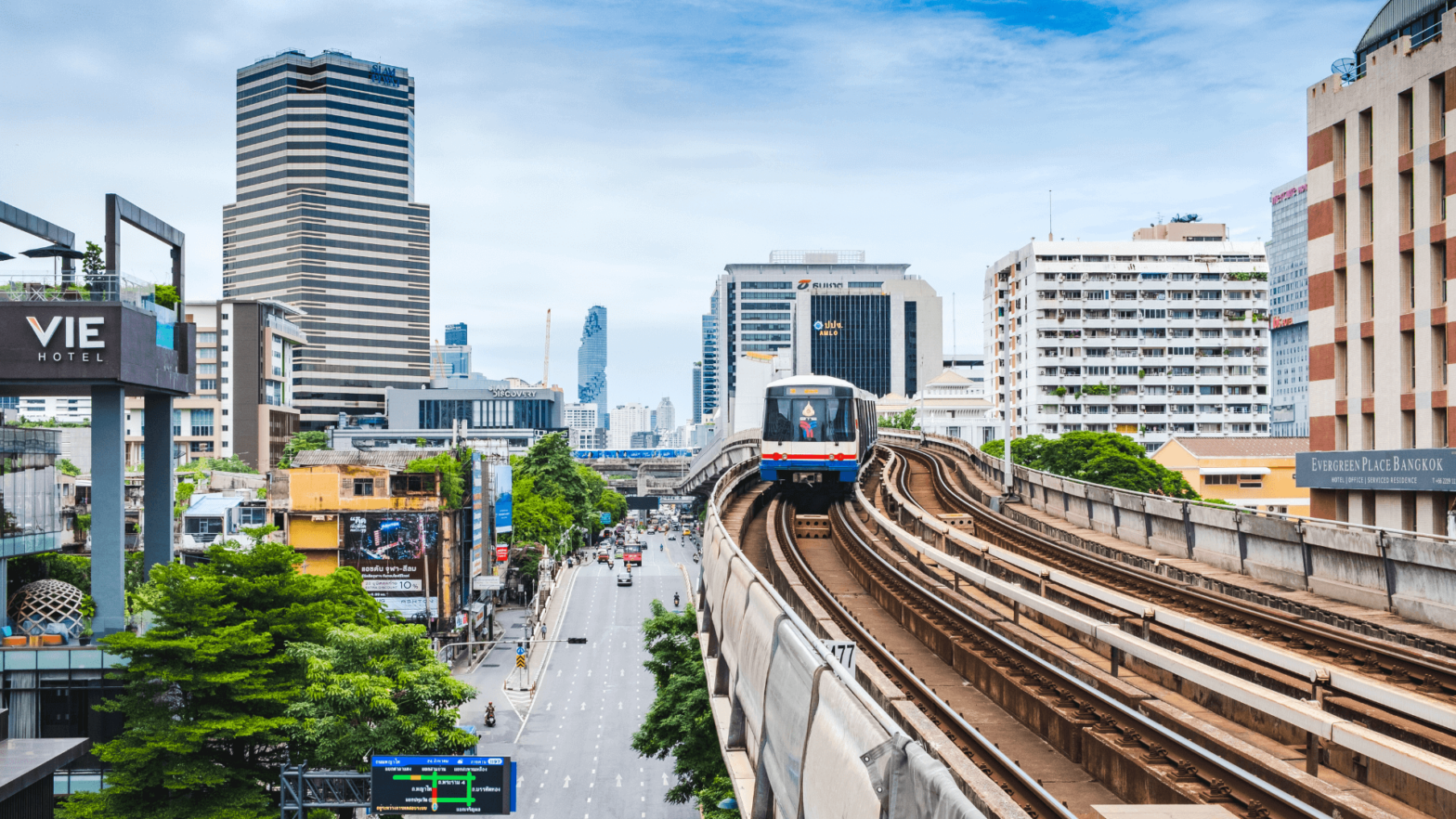18th Florence Rail Forum: Revitalising Rail Freight with Digitalisation

On 8th November 2019, the Transport Area of the Florence School of Regulation hosted its 18th Florence Rail Forum, this time to discuss the topic of rail freight and more concretely how we can increase its share with the help of digitalisation.
In its 2011 White Paper the Commission set the objective that 30% of road freight over 300 km should shift to other modes such as rail or waterborne transport by 2030. By 2050 the share is to be increased to 50%. Yet, the progress achieved to date in the Member States remains insufficient, and the share of rail freight stagnates around 17%.
In addition to supporting decarbonisation objectives, a shift to rail would also ease congestion on roads, lower the pressure on road infrastructure by taking over the heaviest loads and reducing the risks linked to transporting dangerous goods.
There was overwhelming agreement among participants that digitalisation can play an important enabling role in boosting the share of goods transported on rail and thus reaping the associated benefits. More specifically, digital tools offer a means of relieving fragmentation, facilitating the implementation of rail freight corridors and fostering multimodality by means of closer coordination between stakeholders. This in turn, will depend on the effective exchange of information and a break away from the current data-sharing anxiety mind set. Participants stressed the need to ensure high quality and standardised data availability and sharing. Guaranteeing enforcement of data sharing obligations will require a clarification of governance models (i.e. who will act as the ‘data manager’?).
An essential precondition to realising the above benefits, however, is a mental shift to instill more trust and cooperation within the sector. The aviation sector, and in particular the Eurocontrol approach, were highlighted as a best practice example that the rail freight sector could build on.
We would like to thank all participants for travelling to Florence and contributing to a lively debate.

For more information on the forum programme and follow-up materials, please click here.
Don’t miss any update on this topic
Sign up for free and access the latest publications and insights



